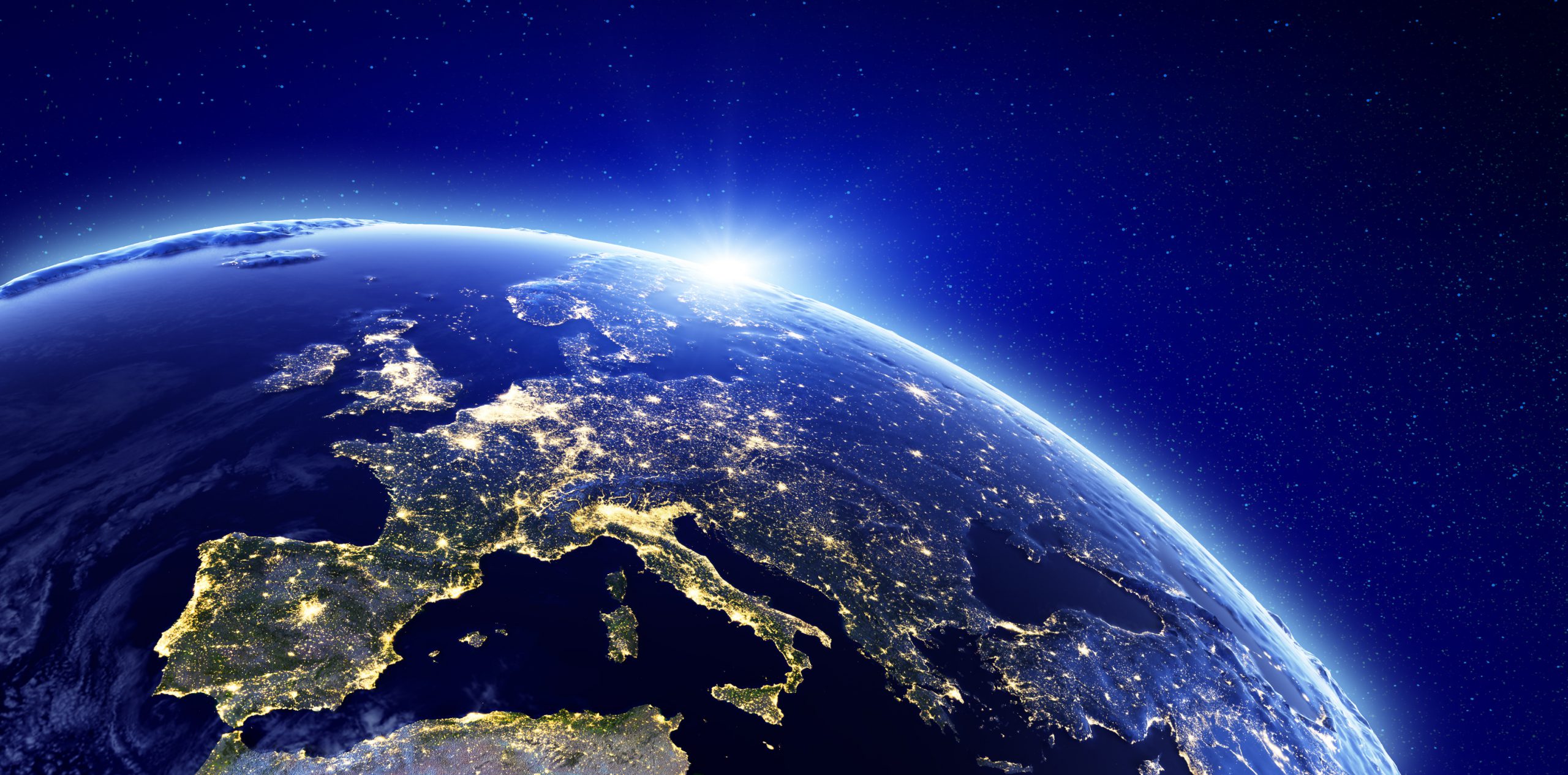Written by Nera Kuljanic with James Tarlton,
Webstreaming: http://eptwitter.eu/faCD
It fires the imagination and drives innovation. For centuries, ideas about exploration and exploitation of outer space have been occupying our minds and shaping the identity of our species. Today, space could play an increasing role for our daily lives and development. As our ambitions for space exploration grow and the economy of space changes (demonstrated, for example, in the production of smaller and cheaper satellites); innovation in materials, medicine, robotics, energy generation and storage also provides for better terrestrial products and services. Where is Europe placed in the space game and how does each further step humanity takes into space change the rules of the game?
This year, STOA’s Annual Lecture will provide a platform for exploring these and many other questions. The event, entitled ‘Towards a space-enabled future for Europe’, will take place on 16 November 2016, and is organised jointly by STOA and the European Space Agency (ESA).
The European perspective

The governance of space activities in Europe is based on cooperation between the EU, the European Space Agency (ESA), and their member countries. Motivation to maximise the impact that can be achieved with the budget available for space activities is strong.
The EU and ESA have two flagship programmes: Galileo and Copernicus. Galileo is a system of navigation satellites, designed to provide greater accuracy than the US-developed global positioning system (GPS). Copernicus is the world’s largest earth observation programme, with primary applications in climate change, emergency management and security. The EU also funds space research through programmes like Horizon 2020.
The European Commission presented the Space Strategy for Europe on 26 October 2016. Among the priorities are market uptake of space data by the public and private sectors and supporting private sector involvement and space entrepreneurship. The challenge in implementing these new policies, is to reap societal and economic benefits for all Europeans, encourage rapid growth and stimulate industrial competitiveness, and promote European leadership in space.
About the speakers
The keynote speaker is Professor Sir Martin Sweeting, the founder and executive chairman of Surrey Satellite Technology Ltd (SSTL) and Director of the Surrey Space Centre. Passionate about space since his student days, Professor Sweeting developed one of the first ‘micro-satellites’ in 1979 and founded SSTL in 1985 to continue working on this technology. SSTL has gone from strength to strength – with Professor Sweeting as Chairman, it now has a €100 million annual turnover. Its affordable micro-satellites have enabled countries with smaller space budgets to enter the industry, while contributing to the work of the larger agencies and companies.
Sir Martin’s speech will be followed by the industry perspective, represented by Ariane Cornell of Blue Origin, perhaps best known for their work on re-usable landing rockets, dramatically reducing the cost per launch, and Johannes Von Thadden, from Airbus Defence and Space. Also speaking are ESA astronauts Thomas Pesquet and Reinhold Ewald.
MEPs Paul Rübig, STOA Chair, Mairead McGuinness, EP Vice-President responsible for STOA, and Eva Kaili, STOA First Vice-Chair, will also take part in the programme. The perspective of the European Commission will be presented by Philippe Brunet, Director for Space Policy, Copernicus and Defence in DG GROWTH, and the event will be moderated by Kai-Uwe Schrogl, ESA’s Chief Strategy Officer.
Interested in exploring Mars, but prefer to do it with both legs firmly set on Planet Earth? Attending the lecture is an opportunity to visit the exhibition STOA has set up with Europlanet and Knowedge4Innovation as part of the 8th European Innovation Summit.
Register for the event before 9 November 2016. Join the conversation on Twitter with #SpaceLecture2016.








[…] Source Article from https://epthinktank.eu/2016/10/27/europes-outermost-innovation-frontier-innovation-stoa-annual-lectu… […]